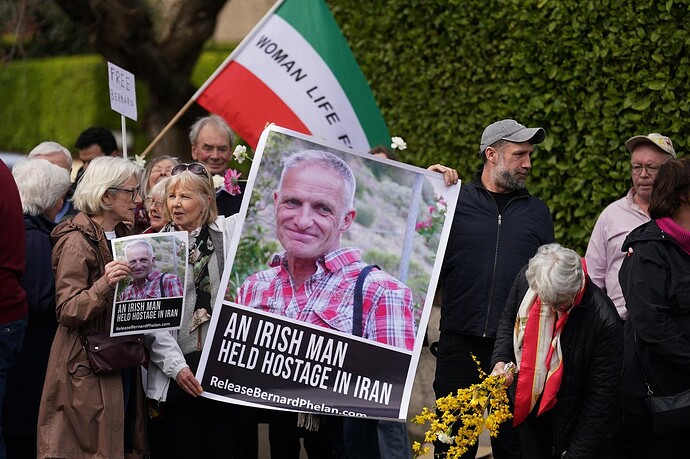France is a western European country located on the continent of Europe. It is surrounded by countries such as Belgium, Germany, Luxembourg, Switzerland, Italy, Spain, and Andorra. France also shares maritime borders with the United Kingdom and Ireland.
France is the largest country in the European Union with a total area of 643,801 square kilometers. Its population of around 67 million people makes it the 20th most populous country in the world. The country’s capital and largest city is Paris.
History:
France has a rich history, which can be traced back to the Gallic tribes who inhabited the region before the arrival of the Romans. Julius Caesar conquered the region in 52 BC. In the Middle Ages, France was a powerful kingdom, and the monarchs played a crucial role in European politics. During the French Revolution in the late 18th century, the monarchy was abolished and replaced by a republic.
Napoleon Bonaparte seized power in 1799 and became the Emperor in 1804. He conquered much of Europe during his reign, but his empire collapsed after his defeat at the Battle of Waterloo in 1815. France remained a republic until 1852, when Louis-Napoleon Bonaparte, Napoleon Bonaparte’s nephew, seized power and declared himself Emperor Napoleon III.
France played a crucial role in both World War I and World War II. It was one of the Allied powers in World War I and suffered heavy casualties. In World War II, France was occupied by Germany from 1940 to 1944. The country played a vital role in the post-war reconstruction of Europe and became one of the founding members of the European Union.
Geography:
France has a diverse topography, with mountains, hills, plains, and coastal regions. The country’s highest peak is Mont Blanc, which is 4,810 meters tall and is located in the French Alps. The Rhône River, Seine River, and Loire River are the country’s largest rivers. The coastlines of France stretch for over 3,427 kilometers, and the country has several islands, including Corsica, which is located in the Mediterranean Sea.
Climate:
France’s climate varies from region to region. In general, the country has a temperate climate, which means mild winters and warm summers. The Mediterranean region of France has a hot and dry climate, while the Atlantic coast has a more oceanic climate with mild winters and cool summers. The mountainous regions of France experience alpine climates with cold winters and mild summers.
Culture:
France has a rich cultural heritage and is famous for its art, cuisine, fashion, architecture, and literature. The country’s history and culture have influenced many other countries around the world. Artists such as Claude Monet, Paul Cézanne, Vincent van Gogh, and Pablo Picasso revolutionized the art world. French cuisine, including cheese, wine, bread, pastries, and seafood, is considered some of the best in the world. French fashion has been at the forefront of the industry for centuries, with famous designers such as Coco Chanel, Christian Dior, and Yves Saint Laurent. French literature has produced renowned writers such as Victor Hugo, Albert Camus, and Marcel Proust.
Economy:
France is one of the largest economies in the world and is known for its strong industrial and agricultural sectors. The country has a highly skilled workforce and is home to several multinational corporations. The tourism industry also plays a significant role in the French economy.
Politics:
France is a democracy, with a president as the head of state and a prime minister as the head of government. The country has a bicameral parliament consisting of the National Assembly and the Senate. The president is elected by popular vote for a five-year term. The current president of France is Emmanuel Macron, who was elected in 2017.
Education:
France has a well-developed education system that is free and compulsory until the age of 16. The country has some of the most prestigious universities in the world, including the Sorbonne in Paris.
Conclusion:
France has a rich history, geography, culture, and economy. The country is known for its achievements in art, cuisine, fashion, architecture, and literature. French politics are democratic, and the country has a well-developed education system. France’s role in European politics and world events has been critical, and the country is regarded as one of the most influential in the world.
Disclaimer
6do Encyclopedia represents the inaugural AI-driven knowledge repository, and we cordially invite all community users to collaborate and contribute to the enhancement of its accuracy and completeness.
Should you identify any inaccuracies or discrepancies, we respectfully request that you promptly bring these to our attention. Furthermore, you are encouraged to engage in dialogue with the 6do AI chatbot for clarifications.
Please be advised that when utilizing the resources provided by 6do Encyclopedia, users must exercise due care and diligence with respect to the information contained therein. We expressly disclaim any and all legal liabilities arising from the use of such content.


















